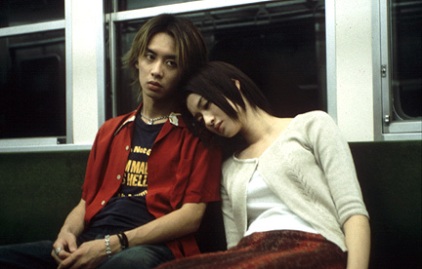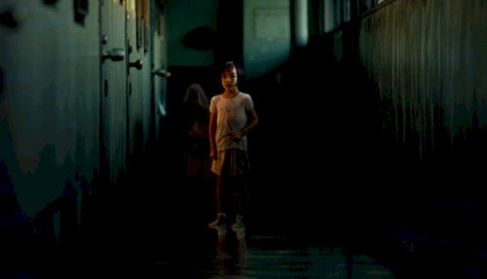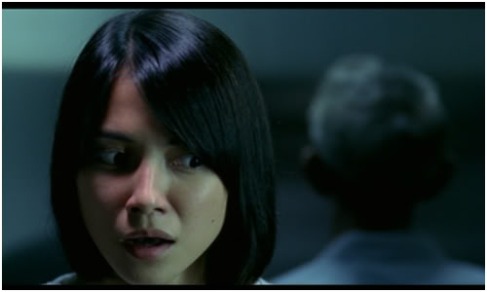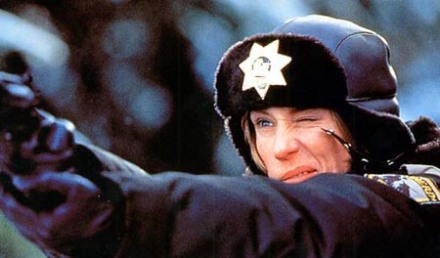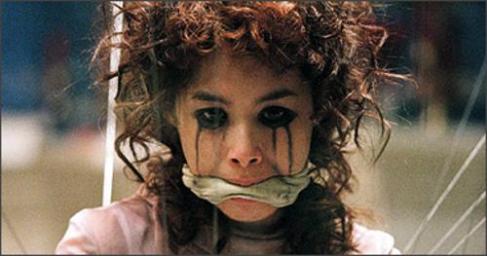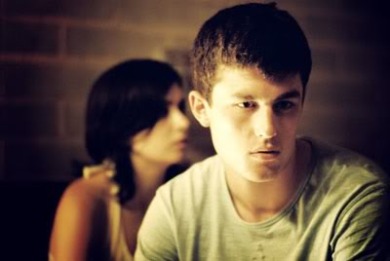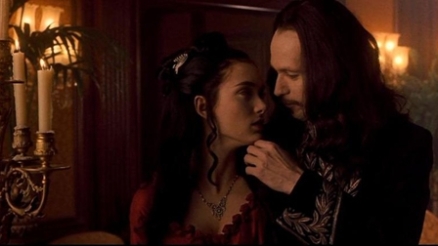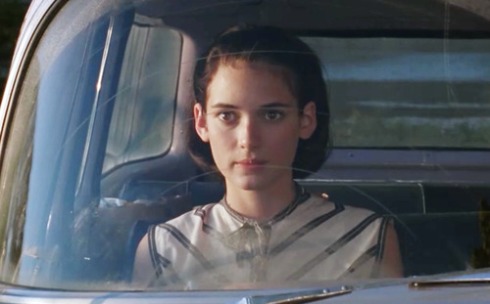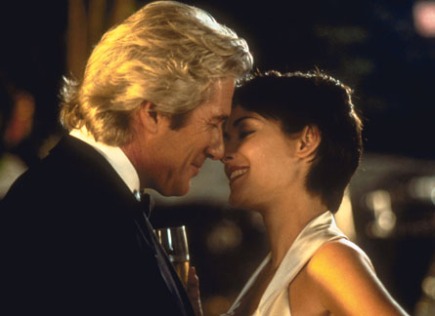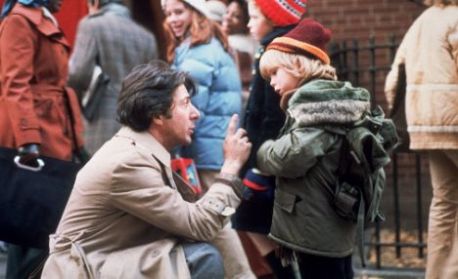
I try to watch as many classics as I can, but for some reason Kramer vs. Kramer was never one that I considered watching, despite its vast acclaim and the presence of screen legend Dustin Hoffman at the forefront of it. Often when I finally watch these established classics, I end up loving them and almost feel frustrated that I put them off for so long. Kramer vs. Kramer is one of those times, and it’s definitely one of the biggest emotional roller-coasters that cinema has to offer.
As soon as it started, I knew this was the film for me. Right from the get-go it had the emotional power and smooth storytelling that I so deeply love. Benton tells the story in such an admirable and devastating manner that for a film that starts off as a soul-seeking journey for the Mr. Kramer, played by Dustin Hoffman, who has to adapt to his new life as a single father after the departure of the Mrs. Kramer in Meryl Streep ends up as a courtroom drama. The first hour or so is just lovely stuff. Mr. Kramer struggles to deal with the demands of his mother loving young child, but eventually ends up igniting a relationship so smooth, subtle and majestic that it made me tear up inside how true and powerful it really is.
Later on, as Mrs. Kramer comes back into the mix and wants the custody of her child back, the story turns into a courtroom drama. The transition from this father-and-son relationship to a courtroom drama is so well paced and nourished to a quite magnetic manner and not for one minute does it feel rushed, un-prepared or off-the-mark.
So many films try to have devastatingly powerful moments so rapidly, but the way Kramer vs. Kramer makes the tale so emotional and astonishing is simply stunning and that has to go down to Robert Benton’s landmark screenplay.
87/100
